Table of Contents
- Introduction
- What Happens During a Hangover?
- Can Cannabis Help with Hangover Symptoms?
- The Science Behind Cannabis and Hangovers
- Pros and Cons of Using Weed for Hangovers
- Best Strains and Methods for Relief
- Tips for Using Cannabis Safely During a Hangover
- Other Natural Hangover Remedies
- Medical Disclaimer
- Conclusion
- About the Author
Introduction
We’ve all been there: one too many drinks, a foggy morning, and a pounding head that just won’t quit. The hangover struggle is real—and while greasy food, hydration, and sleep are the traditional go-tos, more and more people are turning to cannabis to take the edge off. But does weed really help a hangover? Or is that just wishful thinking wrapped in a cloud of smoke?
In this expanded guide, we dive deep into the connection between cannabis and hangover relief. We’ll explore which symptoms it may help, what the science says, which strains and methods work best, and what to avoid. If you’re looking for a natural way to bounce back after a night of drinking, here’s everything you need to know before reaching for your vape or rolling a recovery joint.
What Happens During a Hangover?
A hangover is your body’s way of punishing you for overindulgence. While individual experiences vary, most hangovers stem from the same biological disruptions caused by alcohol. Here's what typically goes wrong the morning after:
- Dehydration: Alcohol is a diuretic, meaning it makes you urinate more and lose fluids. The result? Dry mouth, fatigue, and headache.
- Electrolyte imbalance: Excess urination also flushes out essential minerals like sodium, potassium, and magnesium.
- Low blood sugar: Alcohol disrupts glucose metabolism, which can leave you shaky, foggy, or nauseated.
- Inflammation: Alcohol triggers immune responses and inflammation throughout the body—including the brain.
- GI distress: Nausea, vomiting, stomach cramps, and acid reflux are common as alcohol irritates the digestive tract.
- Sleep disturbance: Even if you slept long, it likely wasn’t restful. Alcohol disrupts REM cycles and deep sleep.
- Mood disruption: Anxiety, irritability, and depressive symptoms are common due to neurotransmitter rebound effects.
Understanding these root causes helps clarify where cannabis may help—and where it might make things worse.
Can Cannabis Help with Hangover Symptoms?
While research on cannabis as a hangover treatment is still limited, anecdotal evidence and preliminary science suggest it may offer targeted relief for several key symptoms. Here's how weed may help:
- Nausea & vomiting: THC is a proven anti-nausea agent, used in clinical settings for chemotherapy patients. Many find it helps calm the stomach after drinking.
- Headache & inflammation: Both THC and CBD have anti-inflammatory properties. Some users report cannabis easing pounding headaches or muscle aches post-alcohol.
- Appetite stimulation: If you’re too queasy to eat, a mild cannabis dose may kick-start your hunger, helping you replenish energy and electrolytes.
- Sleep support: Cannabis, especially indica-leaning strains, can help induce restful naps or extend sleep—useful if your night was restless or interrupted.
- Anxiety reduction: CBD and certain balanced strains may help reduce the dreaded “hangxiety” that comes after a night of poor decisions and lowered serotonin.
However, cannabis isn’t a magic fix—and it won’t undo the root cause of your hangover. Hydration, nutrition, and rest are still essential. In the next section, we’ll explore what science says about how these cannabis effects actually work.
The Science Behind Cannabis and Hangovers
While there’s limited direct research on cannabis specifically for hangovers, we can examine how cannabinoids interact with systems affected by alcohol. The endocannabinoid system (ECS)—a network of receptors and signaling molecules found throughout the brain and body—plays a central role in maintaining balance (homeostasis). This system helps regulate pain, inflammation, nausea, appetite, and mood—all of which are disrupted during a hangover.
Key Scientific Insights:
- THC & CB1 receptors: THC activates CB1 receptors in the brain, which can help regulate nausea, appetite, and anxiety. However, high doses may worsen brain fog or induce dizziness.
- CBD & inflammation: CBD interacts with CB2 receptors and other anti-inflammatory pathways. It’s non-psychoactive and may reduce swelling and immune overactivation associated with hangovers.
- Neuroprotection: Animal studies suggest cannabinoids may reduce oxidative stress and offer neuroprotection—both relevant after alcohol-induced damage.
- Gut regulation: The ECS influences gastrointestinal motility and serotonin signaling, which may explain why cannabis eases nausea and improves gut discomfort.
Though more human trials are needed, current data suggests cannabis can help manage specific hangover symptoms—if used thoughtfully and in moderation.
Pros and Cons of Using Weed for Hangovers
Pros:
- Symptom relief: Effective for nausea, headaches, low appetite, and anxiety.
- Customizable: Many strains, doses, and consumption methods to suit your preferences.
- Natural & non-toxic: Safer than popping too many painkillers or downing energy drinks.
- Can enhance hydration & food intake: Encourages rest and recovery rituals like eating and drinking water.
Cons:
- May worsen dizziness or dehydration: Especially if you inhale too much too fast or forget to hydrate.
- Overuse can lead to anxiety: THC can backfire if dosed too heavily—especially with a fragile nervous system post-alcohol.
- No impact on alcohol toxicity: Weed may ease symptoms, but it won’t detox your liver or speed recovery.
- Not suitable for everyone: If you’re new to cannabis or prone to paranoia, it may be counterproductive.
Like any remedy, cannabis has a place when used with care—and awareness of your own body’s limits.
Best Strains and Methods for Relief
Not all cannabis is created equal—especially when your system is already taxed from drinking. For hangover relief, gentle and balanced strains work best. Here are some categories and examples to try:
Recommended Strains
- Harlequin (CBD-rich): High CBD, low THC. Great for anxiety and inflammation with little intoxication.
- ACDC: Almost no THC, very calming. Helps reduce nausea and headache without fog.
- Blue Dream: A balanced hybrid that lifts mood and soothes tension—without couchlock.
- Northern Lights: Gentle indica for easing into sleep or calming the nervous system.
- Pineapple Express: Uplifting and fruity, good for increasing appetite and energy gently.
Best Methods of Consumption
- Vaporizing: Gentle on the lungs and easy to dose gradually. Consider low-temp sessions with dry herb vapes like the Vapman or Lotus.
- Tinctures: Fast absorption and precise dosing—great for CBD blends.
- Edibles: Use with caution. Effects take longer to kick in and may intensify discomfort if overdone.
- Tea or infused beverages: A mild, hydrating way to introduce cannabinoids while rehydrating.
In general, avoid harsh smoking or high-dose dabs while hungover—your body and brain are already in recovery mode.
Tips for Using Cannabis Safely During a Hangover
- Start low, go slow: Your tolerance may be lower while hungover. Begin with half your normal dose.
- Stay hydrated: Sip water or an electrolyte drink regularly to offset both alcohol and weed dehydration.
- Avoid mixing with more alcohol: This may worsen both symptoms and overall impairment.
- Focus on recovery: Pair cannabis with sleep, nutrients (like bananas, ginger, and toast), and a quiet environment.
- Choose calming strains: Aim for soothing rather than stimulating. Anxiety-prone? Add a few drops of CBD.
- Use as a supplement, not a crutch: Cannabis can ease discomfort, but the basics—rest, water, food—do the real work.
Used mindfully, weed can turn a terrible morning into a manageable one—but it’s not a free pass to ignore recovery fundamentals.
Other Natural Hangover Remedies
Cannabis can help, but it’s most effective when combined with proven natural recovery tools. These time-tested remedies can work alongside weed—or on their own—for a quicker bounce-back.
- Water + electrolytes: Rehydrate with water, coconut water, or an electrolyte drink like Pedialyte. Add lemon and sea salt for a homemade version.
- Ginger tea: A soothing remedy for nausea and digestive upset. Combine with honey for a calming effect.
- Bananas or avocados: Packed with potassium and magnesium—two electrolytes lost through alcohol-induced urination.
- Vitamin B + C: Help replenish nutrients and support liver detoxification. A multivitamin or smoothie with citrus and leafy greens can help.
- Sleep: Still the most effective hangover cure. Cannabis can help extend sleep but rest is the real recovery driver.
Combine these with a gentle cannabis session, and you’re more likely to reset your system and feel balanced faster.
Medical Disclaimer
This article is for educational purposes only and does not constitute medical advice. Cannabis affects individuals differently, and its use for hangovers has not been clinically proven. Always consult your physician before combining cannabis with medications or using it to treat symptoms of alcohol-related conditions. If you experience severe symptoms like prolonged vomiting, confusion, or rapid heart rate, seek medical attention immediately.
Conclusion
So, does weed help a hangover? For many people, yes—some symptoms. Cannabis can ease nausea, soothe headaches, support sleep, and reduce the emotional turbulence that often follows a night of drinking. But it’s not a cure-all. Without hydration, nutrition, and rest, weed alone won’t save the day.
If you’re looking to recover more naturally—and mindfully—then cannabis can be a valuable tool. Start slow, choose the right strain, pair it with real recovery rituals, and most of all, listen to your body.
Want a vaporizer that delivers smooth, mindful relief on rough mornings? Explore our analog toolkit with the Vapman Click or Lotus Kit—flame-powered precision, even in recovery mode.
About the Author

Author: Michael Mussner, Founder of INHALE Vaporizers
Michael is a passionate vaporizer designer and entrepreneur from South Tyrol, driven by craftsmanship, sustainability, and the mindful use of natural herbs. With a background in product innovation and a love for analog technology, he founded INHALE to revive flame-powered vaporizers like the Vapman and Lotus. Every product he creates is deeply rooted in authenticity, simplicity, and a respect for nature.
Questions? Contact us here or email support@nowinhale.com.




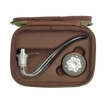

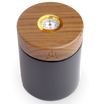

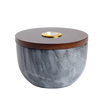

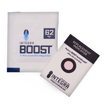


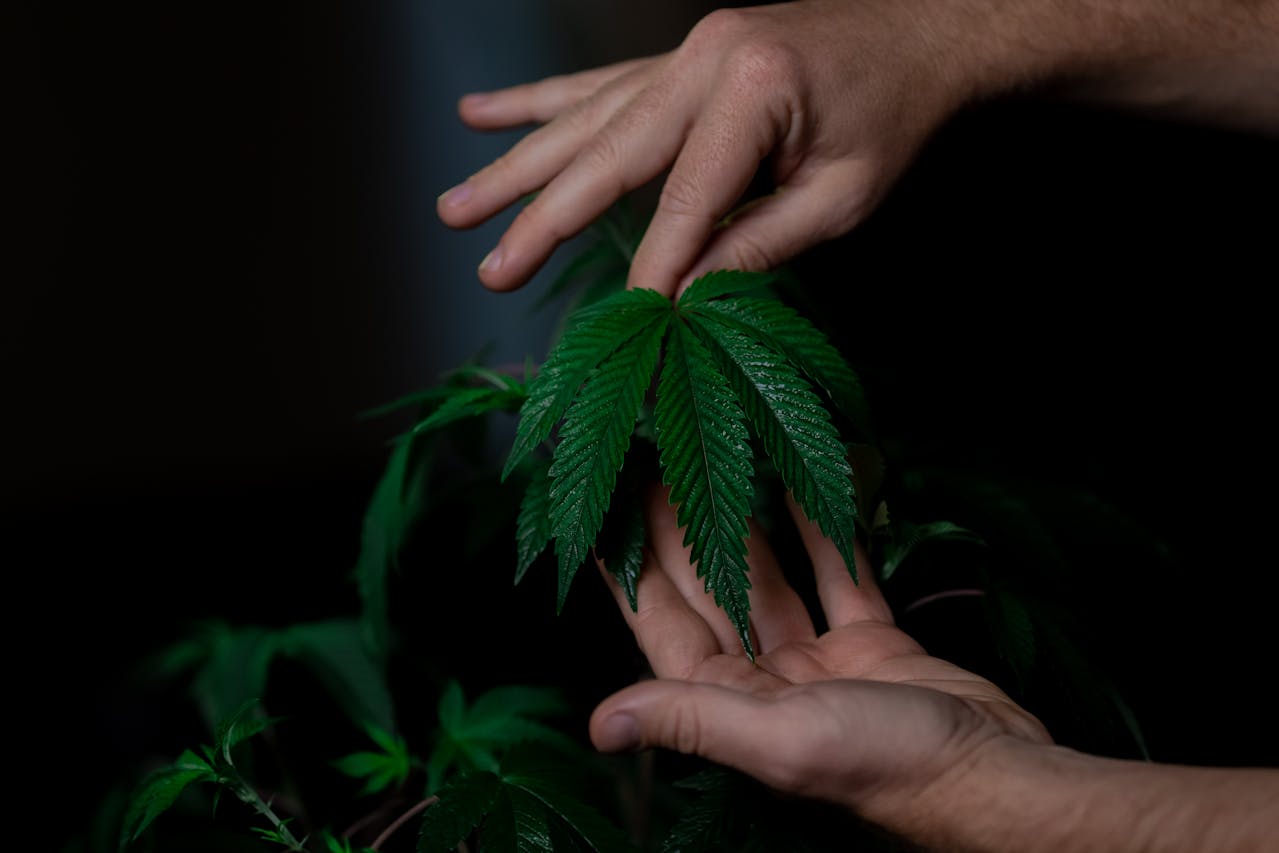
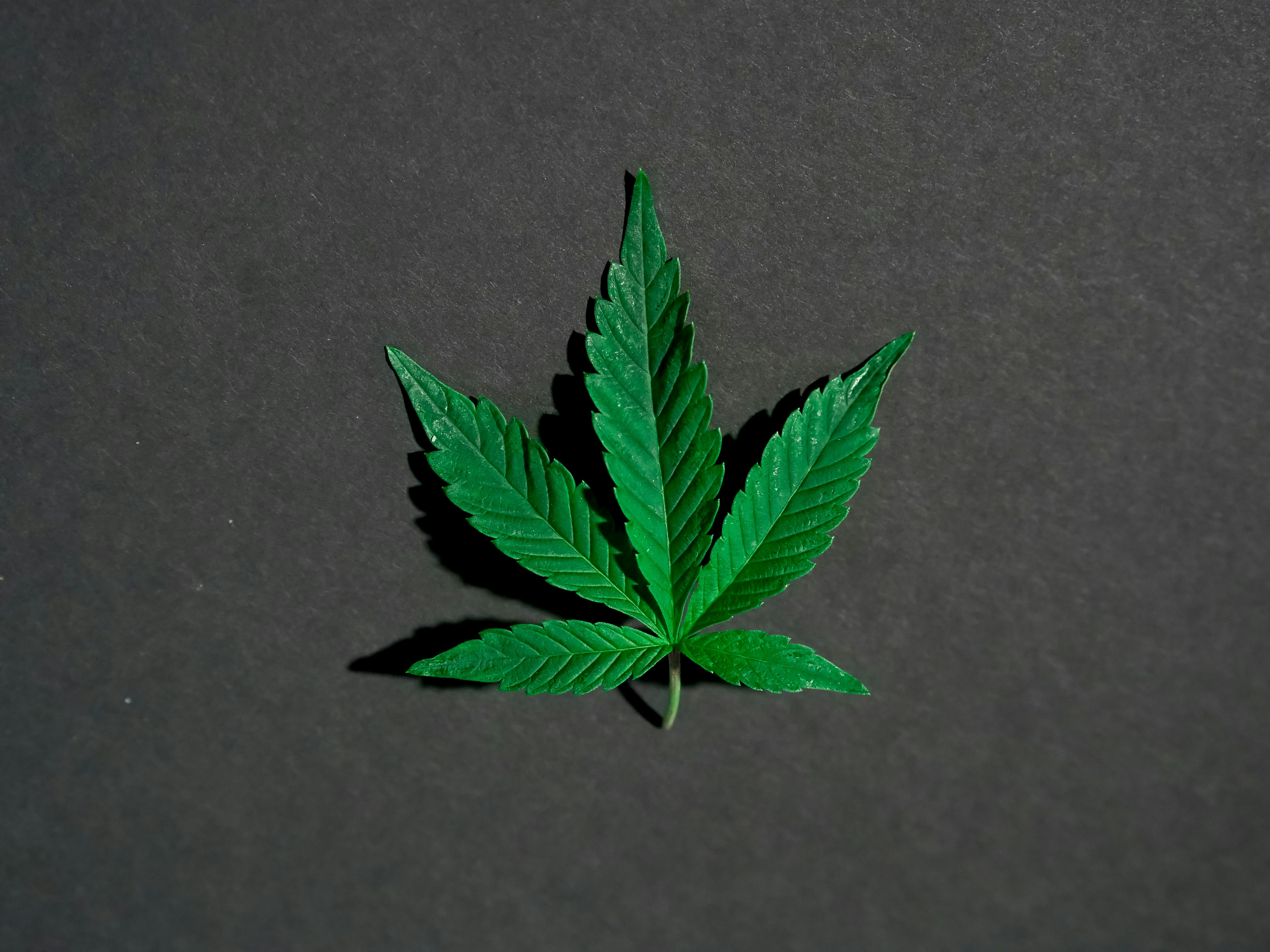
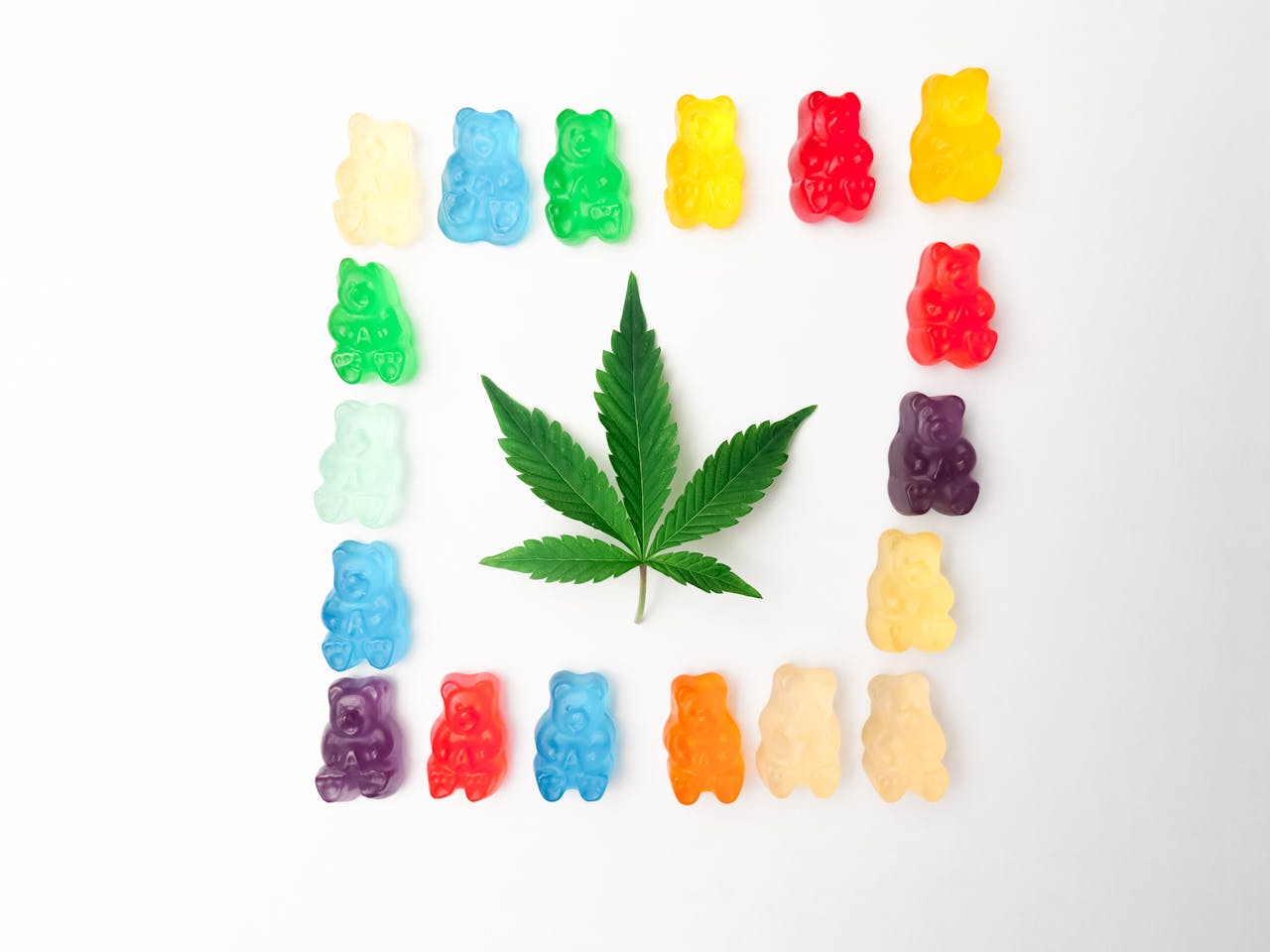


Leave a comment
All comments are moderated before being published.
This site is protected by hCaptcha and the hCaptcha Privacy Policy and Terms of Service apply.